During the 1990s, MSF teams made a bitter observation: we were failing to treat some of our patients suffering from infectious diseases, while in developed countries, remarkable progress was being made in the field of health. Two decades on, medicines in developing countries are still either too expensive, aren't suitable to be used in many of the contexts in which we work (for example, in hot, humid conditions or where there's a lack of electricity), or simply don't exist for the diseases we need to treat.
In 1999, we launched the Campaign for Access to Essential Medicines, now known as the Access Campaign. Its mission focuses on three areas: overcoming barriers to access to essential medicines, stimulating research and development for neglected diseases, promoting health exceptions to global trade agreements.
In 2003, MSF joined several research institutes, including the Institut Pasteur, to create the Drugs for Neglected Diseases initiative (DNDi), a non-profit research and development organisation engaged in research and development of new treatments for neglected diseases.
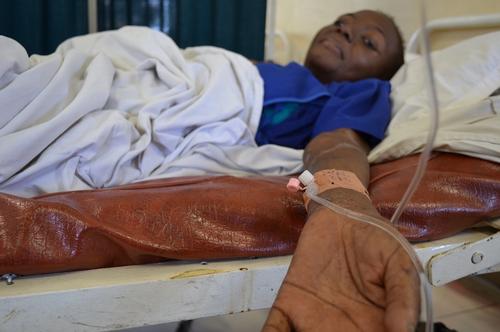
Three HIV patient stories
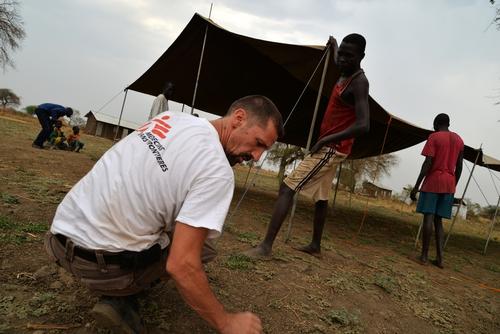
MSF broadens vaccination package for South Sudanese refugees

“We created a new medical network in the region because the health care system was destroyed”
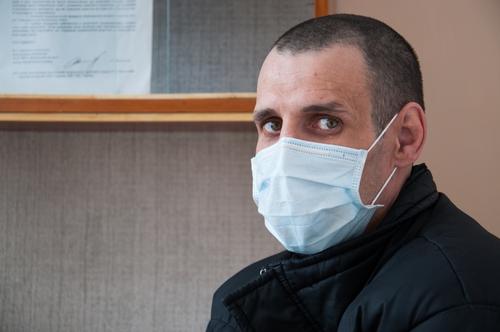
MSF urges EU Health Commissioner and EU Health Ministers not to skip critical regional Ministerial conference on TB next week
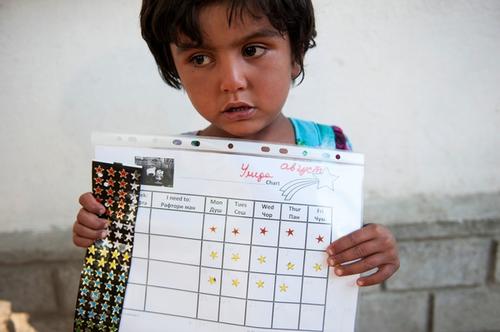
Ready, set, slow down: New and promising DR-TB drugs are grabbing headlines but not reaching patients
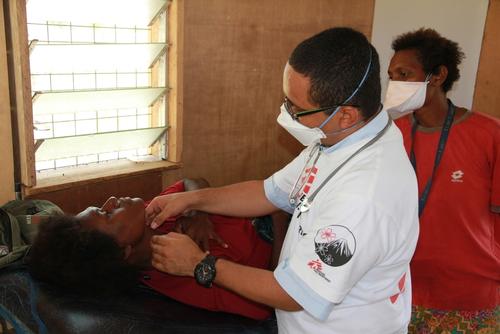
Leading medical organisations team up to bring new TB treatments to those in need

Indian generic companies should reject Gilead’s controversial hepatitis C ‘Anti-Diversion’ programme
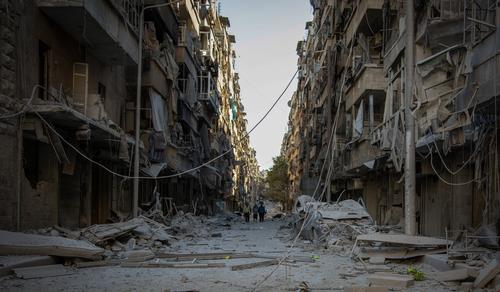
Aleppo’s reality - Daily life under barrel bombs








